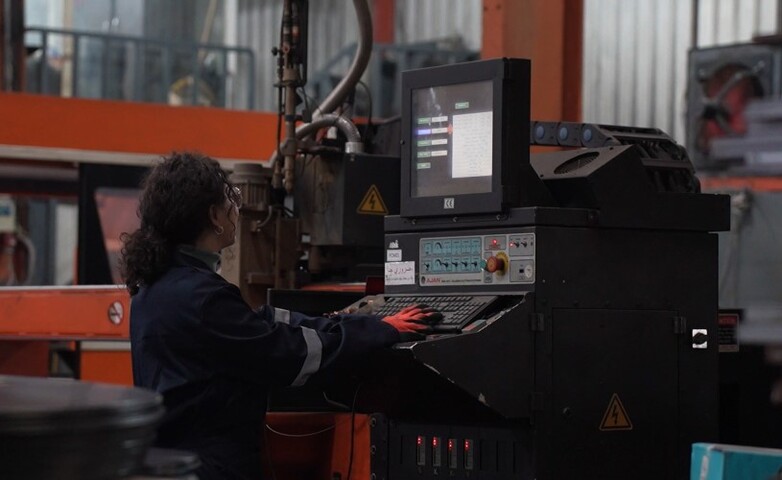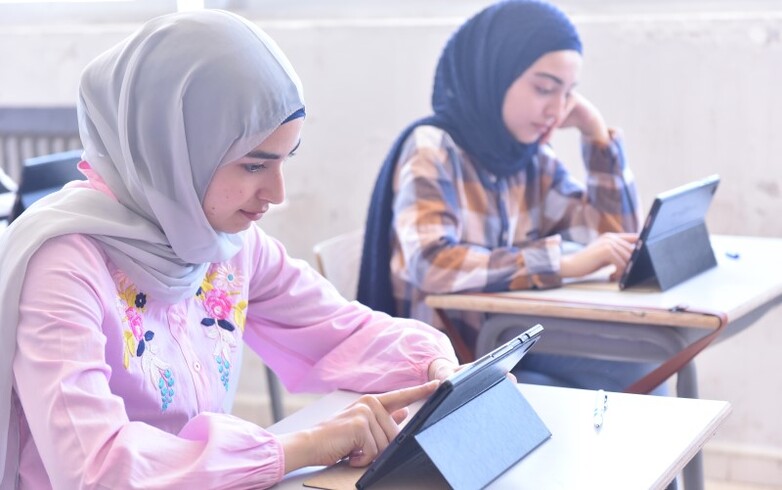Driving partnerships between TVET institutions and companies forward in Lebanon
Improving the Quality and Attractiveness of TVET in Lebanon for poor and vulnerable social groups (QuA-VET)
-
Commissioning Party
German Federal Ministry for Economic Cooperation and Development (BMZ)
-
Cofinancier
European Union (EU)
-
Country
-
Lead executing agency
More
-
Overall term
2021 to 2027
-
Products and expertise
Economic development and employment
 © GIZ / Fayez Abou Khater
© GIZ / Fayez Abou KhaterContext
In Technical and Vocational Education and Training (TVET) in-company training plays a crucial role for enhancing employability and industry-specific skills, bridging the gap between theoretical learning and practical job requirements.
However, key challenges hinder a shift to these practical aspects of training in Lebanon. These include limited training opportunities for refugees, sporadic engagement of the private industry resulting in outdated curricula, insufficient public investment leading to outdated facilities, and inadequate regulatory frameworks affecting the quality of education programmes, which are essential to ensure the effective implementation of practical training components within the school workshop facilities but also as work-based learning inside companies.
Improving training quality is vital to ensure the long-term employability of workers, boost employees’ productivity, and eventually drive stable economic growth. Nevertheless, at present, Lebanese TVET institutions are not able to effectively address these challenges.

Objective
The quality of Lebanese TVET in areas with lasting employability potential is improved and responds to the country’s economic needs. It promotes greater employment opportunities for marginalised and economically vulnerable groups in Lebanon.
Approach
The project aims to assist the General Directorate for Vocational and Technical Education (DGVTE) in better aligning Lebanon’s TVET system with its economic needs. Key measures include:
- Establishing school advisory boards to expand cooperation between state TVET institutions and the private industry.
- Conducting training sessions for school staff in partnership with the consulting firm GOPA Worldwide Consultants.
- Integrating digital teaching units for seamless access to education.
- Improving practice-oriented TVET programmes in collaboration with the private industry, focusing on machine maintenance, health inspection, food safety, and other sectors with employment potential.
- Enhancing the quality of in-company training and work-based learning for vulnerable individuals in selected occupations.
This project is co-funded by the European Union.
Last update: April 2024

-1920px-header.jpg)





